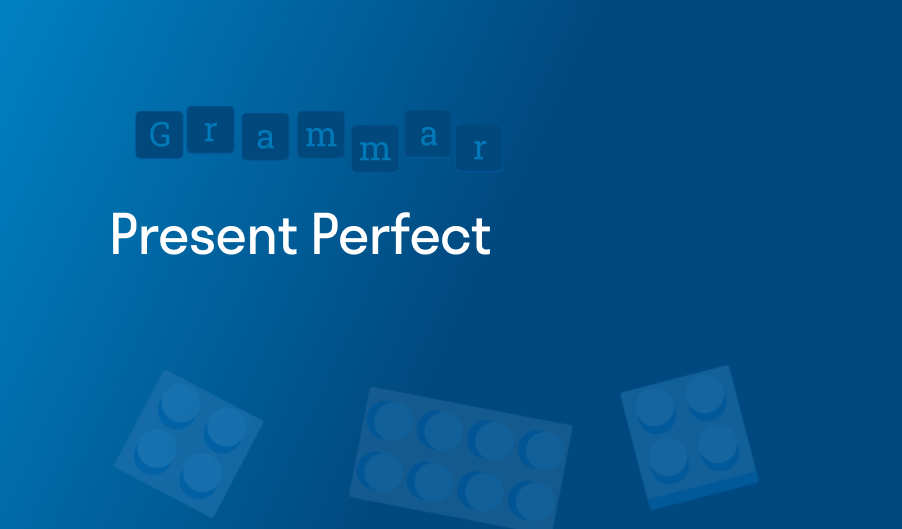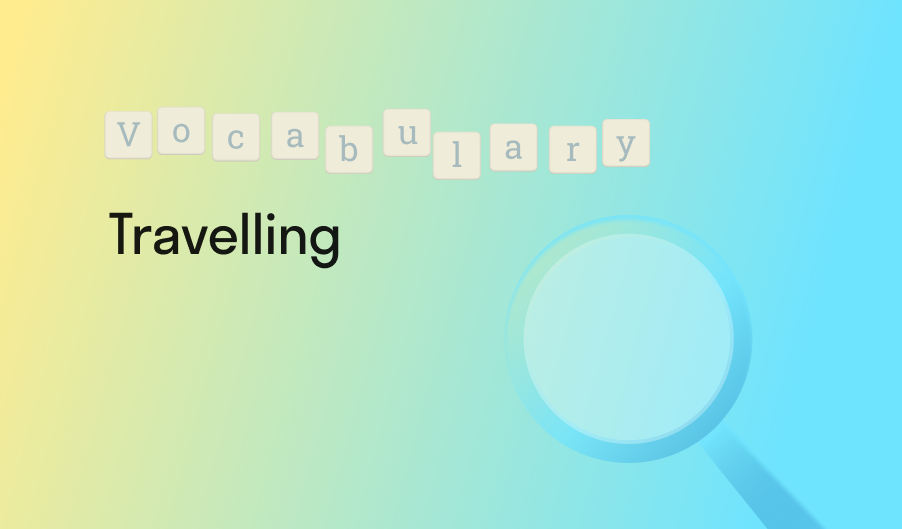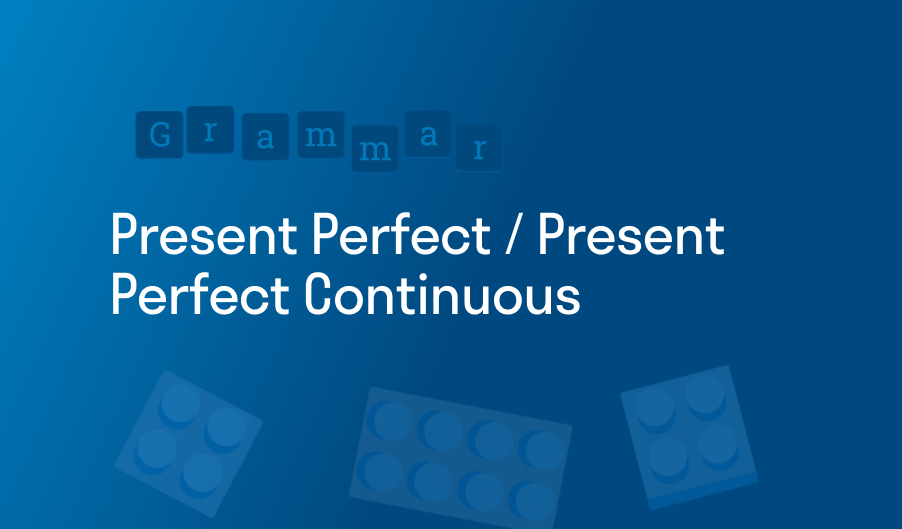| 1 | seo-popap-articles-newyear25-26 | попап в упражнениях |
Упражнения: Learning foreign languages. English in the world
Изучение иностранных языков. Английский в мире
Results:
The letter "t". Is it tap or plosive?
-
In standard British, the letter "t" is always pronounced as a /t/ in any position in a word. In American English, they tend to drop "t" in the final position. -
Also, in American English, when the letter "t" is in the middle position, it sometimes changes to a soft /d/. Saturday /ˈsætədeɪ/ (BrE) – Saturday /ˈsæ(d)ədeɪ/ (AmE) party /pɑːti/ (BrE) – party /pɑː(d)i/ (AmE)
Saturday — Saturday
The "t" is sometimes dropped in the middle position after "n" in American English.
interview /ˈɪntəvjuː/ – interview /'ɪnərvjuː/ centre /ˈsentə/ – center /ˈsenər/ Internet /ˈɪntənet/ – Internet /ˈɪnərnet/
Еще упражнения по английскому языку
Отзывы
Авторизуйтесь,
чтобы оставить отзыв


Пройдите бесплатный вводный урок
Ответы на частые вопросы
Не нашли ответа на свой вопрос — напишите нам
Это бесплатные упражнения?
Да, все упражнения в этом разделе бесплатны.Как выполнять упражнения?
В этом разделе мы собрали интерактивные задания с разными механиками выполнения, поэтому ориентируйтесь на инструкции, которые приведены в начале каждого упражнения.Сколько времени нужно уделять упражнениям, чтобы получить результат?
Мы рекомендуем заниматься английским хотя бы по 15–20 минут каждый день, выполнять задания на разные навыки и обязательно практиковаться с преподавателем или англоязычными друзьями — и тогда результат не заставит себя ждать.Я изучаю английский совсем недавно. Подойдут ли мне упражнения?
Да, в этом разделе вы найдете задания для всех уровней английского языка, от начинающего до продвинутого.Как мне узнать свой уровень английского?
Вы можете узнать свой уровень английского за 15 минут, пройдя наш интерактивный тест. В конце вас ждут приятные подарки.





